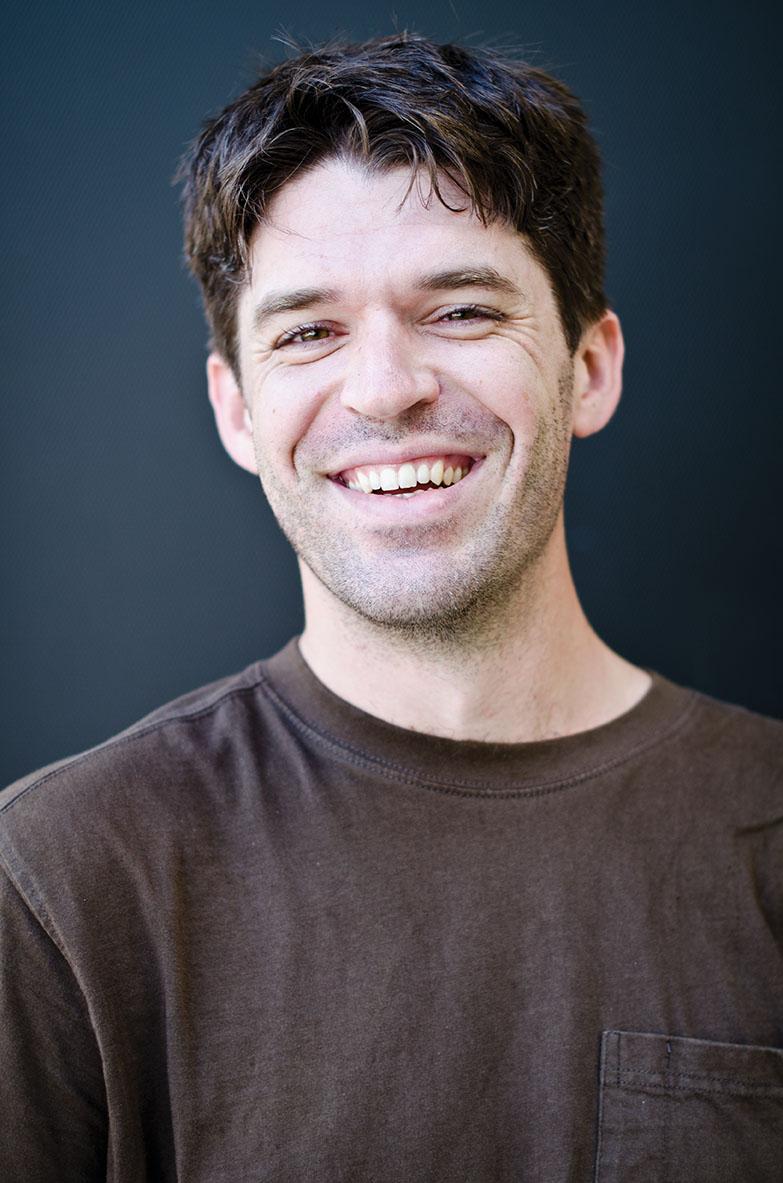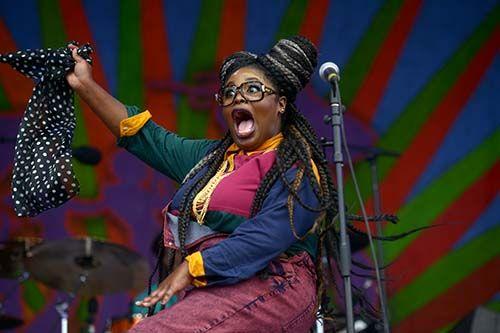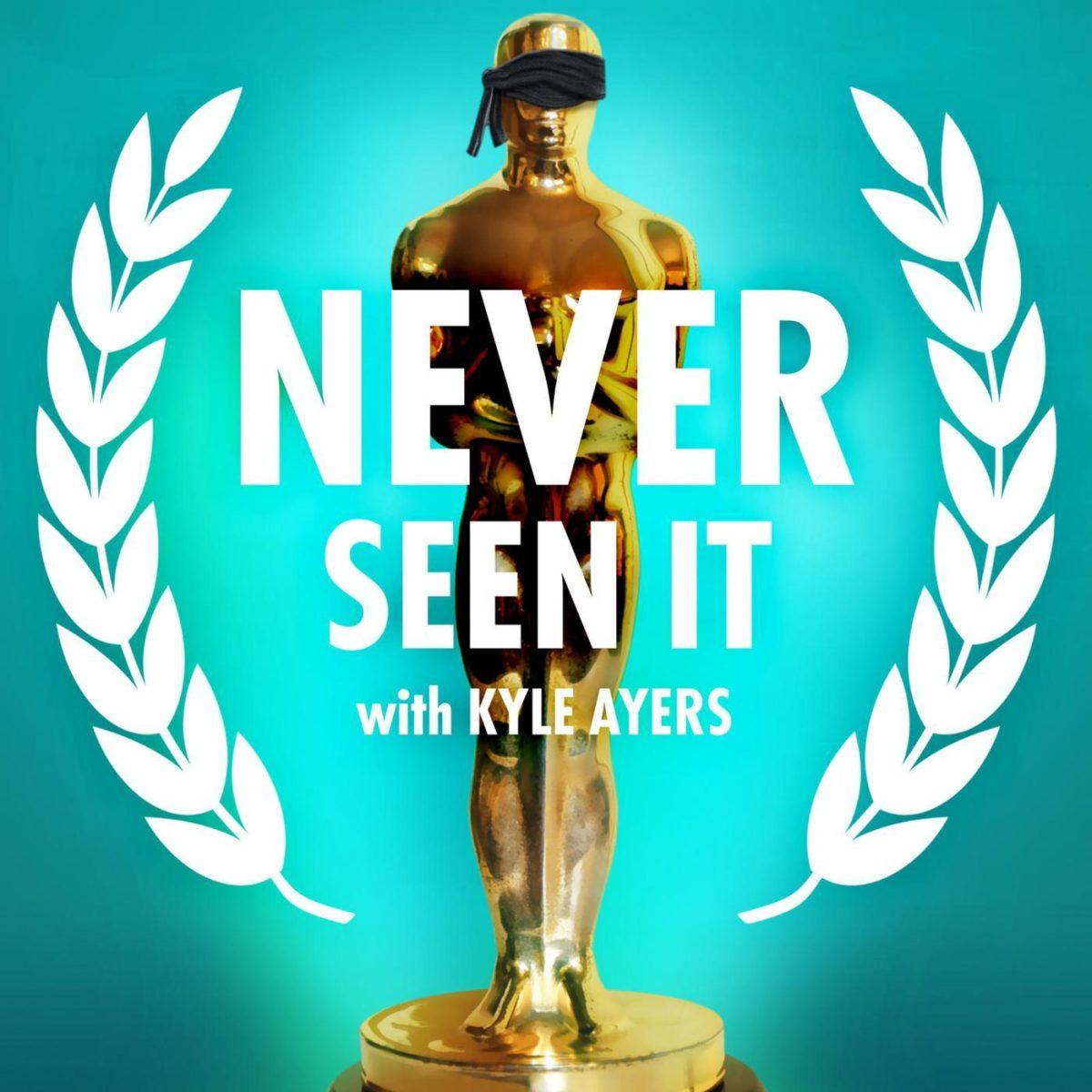Filmmakers are often a mysterious breed, and the eccentric Zack Godshall is no exception. Just take a look at his current iPod playlist.
“Instead of songs,” he said, “I’m listing albums, collections, and concert pieces, in alphabetical order, and only the Johns.”
This quirky detail is one of many. Godshall, Honors College alumnus and screenwriting professor, is rarely found sitting at his desk, instead opting for the outdoors, armed with a camera and his ball cap. Whether he’s writing award-winning screenplays or trekking through Louisiana’s swamps for the perfect shot, Godshall personifies southern culture in his films.
Godshall is the first native Louisiana director since 1989 to have his work featured in the Sundance Film Festival, a world-renowned independent film festival in Salt Lake City, Utah.
Godshall’s most recent film “Lord Byron,”a rendition of the Greek tragedy set in southern Louisiana, appeared in the 2011 lineup. The movie, which features Byron as an average middle-aged man that yearns for purpose in his life, was filmed on a $1,000 budget.
“Making a film on a small budget transforms … challenges into opportunities for innovation,” Godshall said. “The biggest challenge came when we had to hike a mile out of a flooded woods at midnight.”
Going the extra mile has certainly paid off. The proof is in his numerous awards. His accolades include Best Feature for “Low and Behold” at the 2007 Bend Film Festival, New Orleans Film Festival and Sidewalk Moving Picture Festival.
“Low and Behold” narrates the tale of a man living in post-Hurricane Katrina New Orleans who risks his job to help another man find his lost dog. Godshall chose to create this work, filmed on location, just a few months after Katrina.
Godshall said his mind is always open to any inspiration for his work, including music.
“I try not to prescribe what might possibly strike a chord,” he said. “Perhaps a song that I’ve long forgotten still plays in my subconscious mind, ever influencing my creative hand, a hidden mover influencing a film’s pacing, the length of a shot, the turn of a phrase.”
He considers music an integral part of his work but utilizes music in his films only when necessary.
“Lately, I have been thinking a lot about how music can be elusive and evocative of something unseen,” he said. “A film’s music can open internal windows that give a film more breath and breadth.”
He said he can’t appropriate one specific genre of music to his films, and he wouldn’t want to, noting “how music influences meremains mysterious.”
Listen to Zack’s Playlist below!








